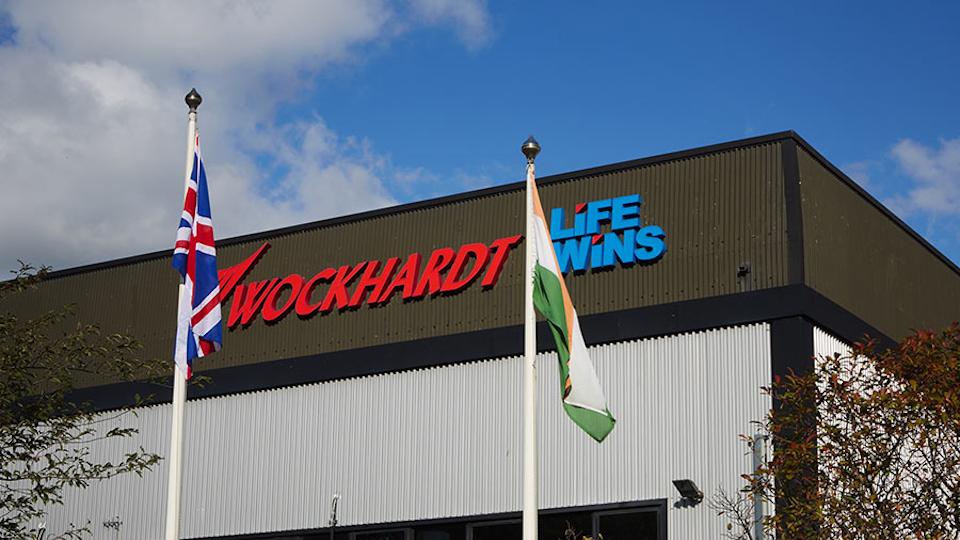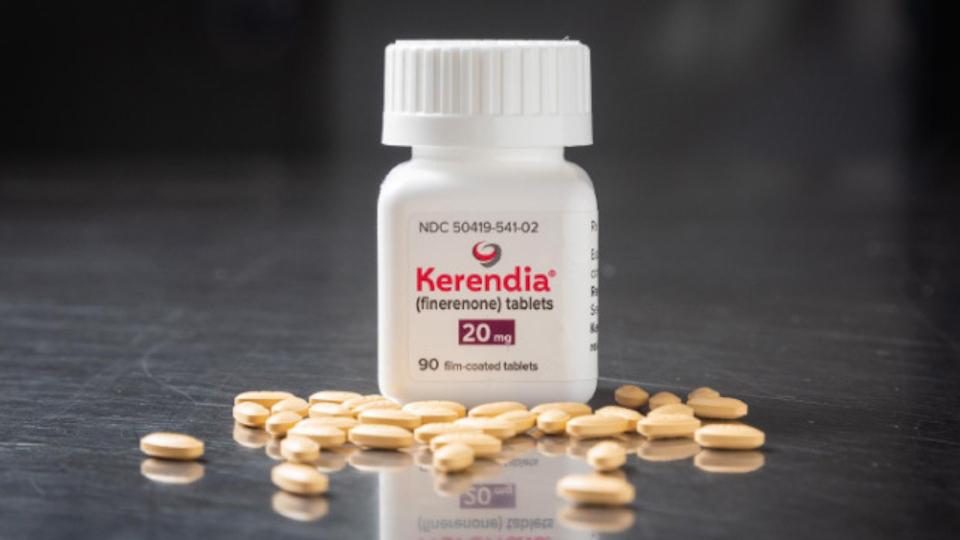ASCO 25: J&J combo pill may see wider use in prostate cancer

AMPLITUDE's lead investigator Gerhardt Attard of University College London.
Johnson & Johnson's fixed-dose combination of a PARP inhibitor and anti-androgen therapy, Akeega, could see its label expanded in prostate cancer – if the results of a new trial convince regulators.
The AMPLITUDE study reported at ASCO found that Akeega delayed disease progression compared to standard therapy in patients with metastatic castration-sensitive prostate cancer (mCSPC) bearing homologous recombination repair (HRR) mutations, including in the BRCA gene.
Akeega – which combines the active ingredients in J&J's PARP inhibitor Zejula (niraparib) and androgen blocker Zytiga (abiraterone) – is already approved to treat metastatic castration-resistant prostate cancer (mCRPC) with BRCA mutations, although the FDA stopped short of giving it a broader label across all HRR mutations.
That has restricted its ability to compete with PARP rivals Lynparza (olaparib) from AstraZeneca/MSD and Pfizer's Talzenna, which can be used in an all-comer population in mCRPC.
While positive, the AMPLITUDE results could see the company face similar questions from regulators about labelling. The greatest benefit was seen in the BRCA-positive subgroup, with a 48% reduction in radiographic progression-free survival (rPFS) seen for Akeega plus prednisone compared to Zytiga and prednisone.
For the wider HRR-positive group, there was still a 37% improvement in rPFS, although that fell to around 20% in non-BRCA patients. Lead study author Gerhardt Attard of University College London (UCL) said the non-HRR result showed clear efficacy but also exposed the highly heterogeneous nature of HRR-positive mCSPC, which also includes mutations in other genes like CHEK2 and PALB2, that can lead to diverse responses to therapies.
"Although a combination of androgen receptor pathway inhibitors has improved survival in patients with this diagnosis, certain genomic alterations, such as those in the HRR pathway, confer poor prognosis," he added. "Therefore, there is still a need for treatments that are tailored to patients whose tumours harbour HRR alterations."
Approximately 25% of patients with mCSPC have HRR alterations and, among this group, around 45% are BRCA and 55% non-BRCA. AMPLITUDE is the first phase 3 data to show clinical improvement with a PARP-based combination in mCSPC, according to J&J.
The clear benefit in the BRCA-mutated group "emphasises the importance of germline and somatic testing in patients with metastatic prostate cancer at the time of diagnosis," commented ASCO's genitourinary cancer commentator Bradley McGregor of Dana-Farber Cancer Institute.
Regulators may err on the side of caution and opt to restrict Akeega to BRCA-positive patients if it approves the drug for mCSPC, but moving into earlier-stage disease could still help kickstart sales, which are not yet high enough to warrant being broken out in J&J's financial reporting. J&J has previously said it hopes to achieve $3 billion-plus in annual revenues from the drug.
Akeega is viewed as a successor to Zytiga, a former $2.5 billion-a-year blockbuster which has been hit by generic competition and saw sales fall nearly 29% to $631 million last year.














